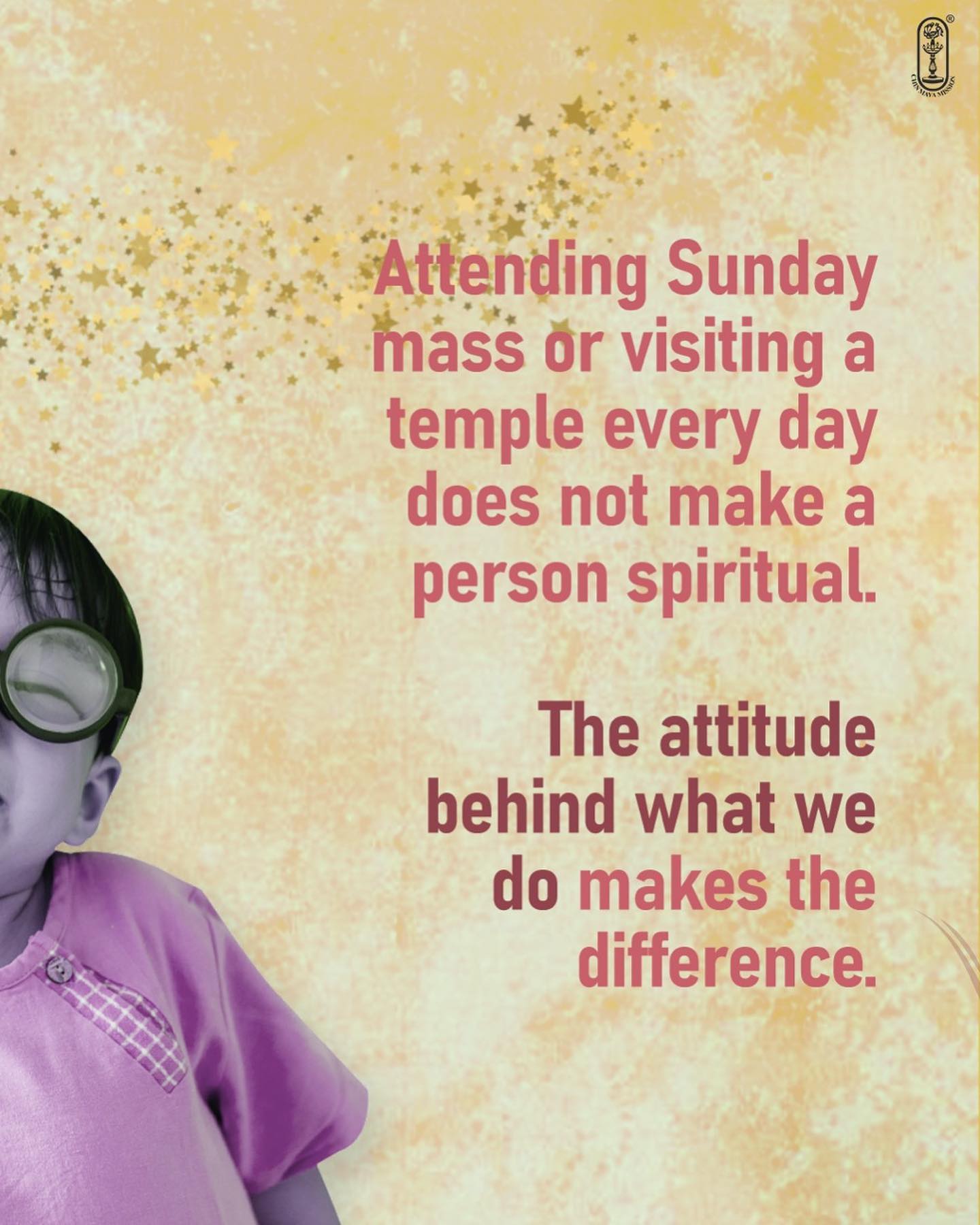A Study of the Bhagavadgita : 18- Swami Krishnananda.
Monday 18, Mar 2024 06:30.
Chapter 5: The Karma Yoga Principle of the Bhagavadgita-7.
Post-18.
========================================================================================
Thus, the Bhagavadgita doctrine of duty, giving, participation, is minus expectation of a recompense that will follow. You may be very worried as to what kind of work you are being asked to do, and do not want to simply drudge for no purpose. I have already given you the knowledge of the organism of the body. The participation of the limbs of the body to the body's requirement also provides their own necessity, as the body sustains the legs, the eyes, the hands, and the nose, etc. If the stomach eats food, the legs and fingers also get strength, the eyes will shine, and the cheeks will bloom. Why should the cheeks say they have no connection with your eating? If this universal principle is maintained behind your every act, the Universal Being will protect you. How it will protect you will come in the later chapters of the Gita. The introduction is laid here, in the Second Chapter. Your duty is to be the motive, and say not anything else; and in this participation of yourself in the scheme of things, which is your dharma based on your svabhava or your inner constitution, you will lose nothing and will gain everything. Ne'hā 'bhikramanāśo 'sti pratyavāyo na vidyate (Gita 2.40): In doing duty one loses nothing. One only gains.
You will not easily understand how you will gain a thing by expecting nothing from your work. It requires a new type of education to appreciate how it is possible that you can be happy and secure while you get nothing out of your work. It is not actually the work that is the source of your satisfaction; it is the connection of this work with the consciousness of your identity with the whole cosmos. That is why I am again repeating that karma is based on buddhi. It is not merely the work that brings results; it is the consciousness of your participation in the setup of the whole thing.
For instance, even an ordinary fitter in a factory may not be divested of the consciousness of his organic relation with the whole setup. He is not merely doing something independently, unconscious of why he is doing it. A consciousness of unity of purpose is there even in an organisation such as a factory, a government, etc. If that consciousness of unity of purpose is not there, it is a mechanical action that is being done, and he will be suffering, crying and cursing everybody, “How long will I work?” But if he knows the output will sustain him also, he will joyously work in a family, in an organisation.
In this great world of duty, no one is exempt from action. Na hi kaścit kṣaṇam api jātu tiṣṭhaty akarmakṛt (Gita 3.5); karmaṇy evā 'dhikāras te mā phaleṣu kadācana (Gita 2.47). Your duty is to act, and not to expect the fruit of an action. Here is the essence of the whole matter. Karmaṇy evā 'dhikāras te: you have the right to work. You have duties, but no privileges. You will be shocked to hear this because you feel, “Why should I work? I will get what I want at the end of the month.” People sit outside factories, banks and offices: “I will get my salary whether I work or not.”
This attitude arises on account of not understanding the connection of your very existence in this world with the atmosphere around. Do not go for visible satisfactions. The Gita will tell you that immediate, visible satisfaction will be the source of sorrow afterwards. In the beginning, life looks very hard. It pricks like a thorn, but it will give you fruit. All good things look bitter in the beginning but they will yield the sweetness of honey later on, whereas all things that bind you will look like honey poured into the mouth, but later on they will strike, and you will repent for it.
*****
Continued
=================================================================================











Comments
Post a Comment